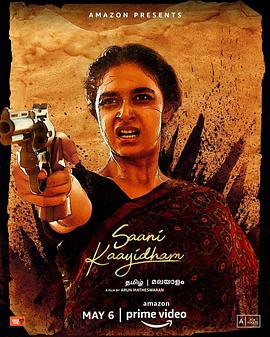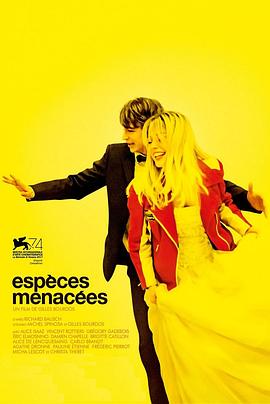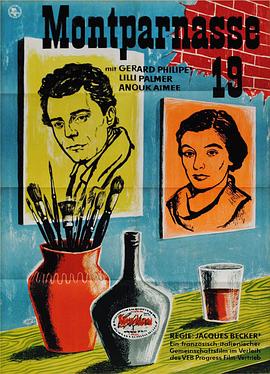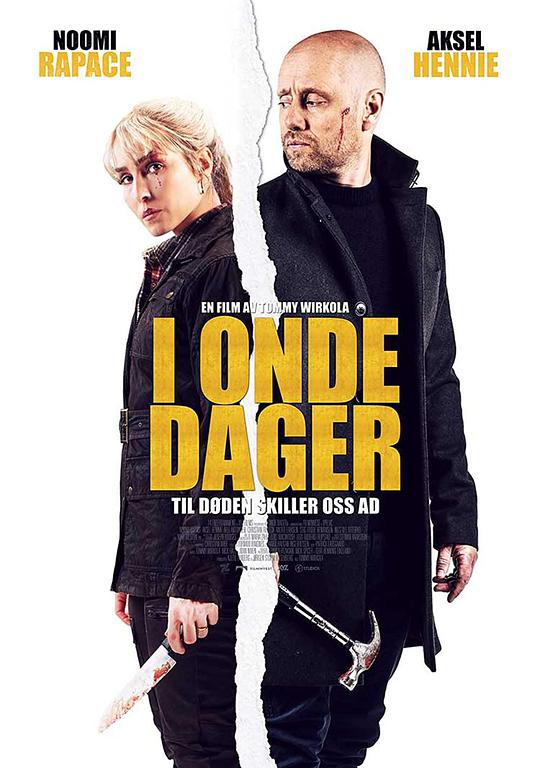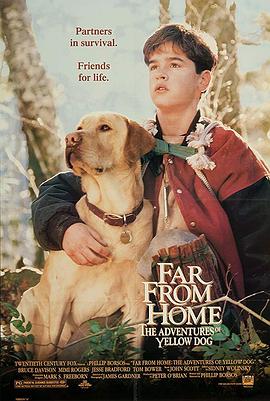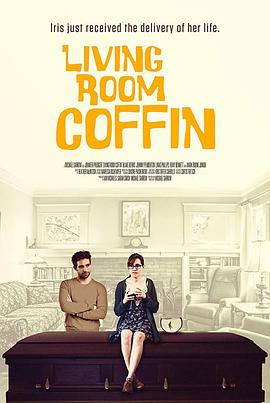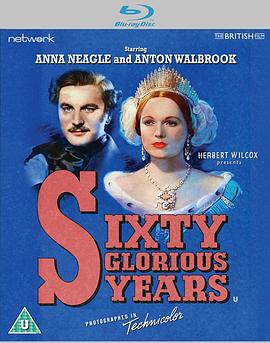-
备注:已完结
类型:电影
主演:凯瑟瑞·苏雷什 K. Selvaraghavan Murugadass
语言:泰米尔语
年代:未知
简介:The Story is purportedly based on real-life incidents which took place in the 1980s
-
备注:已完结
类型:电影
主演:钱拉·菲利普 莉莉·帕尔默 阿努克·艾梅 丽拉·柯卓娃 阿莱特·普瓦里
导演:雅克·贝克
语言:法语
年代:未知
简介:The last year of life of the Italian-French painter Amedeo Modigliani (1884-1920) who died with 36 years, was played by Gérard Philipe, who was lethally sick during the shooting of this movie and died shortly after its release, 1959, with 36 years - on one of the two diseases that Modigliano had himself and exactly in his age. Further, this movie was directed by Jacques Becker - after the sudden death of Max Ophüls. Becker, too, died only 2 years after this movie.
-
备注:已完结
类型:电影
主演:Mimi Rogers Bruce Davison Jesse Bra
语言:英语
年代:未知
简介:安格斯(杰西·布拉德福特 Jesse Bradford 饰)是一个性格略微有些内向的少年,一天,他在路上偶然邂逅了一条拉布拉多小狗,安格斯将小狗带回了家,取名为耶鲁。哪知道,耶鲁的存在遭到了安格斯家人的强烈反对,父亲约翰(布鲁斯·戴维森 Bruce Davison 饰)甚至准备将耶鲁送到动物保护中心去。最终,在安格斯的一再恳求下,耶鲁留在了这个家里,成为了家庭中的一份子。 一天,安格斯带着耶鲁,跟随着父亲一起扬帆出海,哪知道遇到了飓风,船被掀翻了。最终获救的只有约翰一人,安格斯和耶鲁失踪了。实际上,他们并没有被大海吞噬,而是漂流岛到了一座荒岛上,在这里,安格斯和耶鲁要凭借着他们充沛的野外生存知识存活下去,等待救援。
-
备注:已完结
类型:电影
主演:詹·科莱拉 Petrina Bromley De&#0
导演:克里斯托弗·阿什利
语言:英语
年代:未知
简介: 托尼奖获奖百老汇音乐剧《来自远方》(Come from Away)将被改编成电影,The Mark Gordon Company投资制片,原作者、词曲家Irene Sankoff和David Hein将编写剧本,剧版导演克里斯托弗·阿什利也确定执导影片。设定在9·11事件之后,38架飞机意外迫降加拿大纽芬兰与拉布拉多省的小镇Gander,7000名旅客滞留。在被迫停飞的处境下,小镇的居民热情地欢迎并接纳了所有旅客,他们的慷慨善良与恐怖袭击形成了鲜明的对比。文化相互碰撞,人们情绪高涨,不安感转变为信任,音乐响彻深夜,感激最终形成了长久的友谊。 该音乐剧大获成功,评论极佳,获7项托尼奖提名,最终获得最佳音乐剧导演奖。
-
备注:已完结
类型:电影
主演:雷娜塔·诺特尼 安赫丽卡·玛丽亚 Jacqueline Bracamo
语言:
年代:未知
简介:赛尔万多和艾尔玛任性的姨妈艾丽西亚拼命抢夺圣诞节的控制权,家庭海边之旅就此陷入疯狂
-
备注:已完结
类型:电影
主演:Kristen Barrett 约翰·瑞斯-戴维斯 Suzy Brac
语言:英语
年代:未知
简介:1940年5月,德国入侵荷兰,荷兰青年奋起反抗,以皮特•哈提克为首组成了秘密的抵抗军。德军不仅压迫荷兰人民,更残忍地对犹太人实施种族灭绝政策。德军首领拉曼是个冷血的人,他酷爱收藏,这次他又有了一个大的计划, “收藏”孤儿院的犹太儿童。得知消息的抵抗军迅速行动,伪装成德军用卡车救出了这些孩子。皮特为了寻找一个失踪的孩子露达被捕,最后牺牲。二战期间荷兰人民建立的安全屋拯救了大批的犹太人。无数年轻生命的牺牲换来了荷兰的解放。
-
备注:已完结
类型:电影
主演:Anna Neagle Anton Walbrook C. Aubre
语言:英语
年代:未知
简介:Sixty Glorious Years is an exercise in the creation of iconography, both for Victoria and its star, Anna Neagle (who subsequently became known as 'Regal Neagle'). Just as Elizabeth I commissioned artists to create flattering iconic images for public consumption, so this film performs a similar function, for Neagle is more beautiful than the real life Victoria. Controversial events (such as the 'Irish problem') are omitted and unpleasant aspects of Victoria's character (her petulance, arrogance, favouritism and 'right to privilege') are glossed over as endearing little 'whims'. Albert acts as a moderating influence when she goes too far. The film followed a year after the highly successful Victoria the Great (d. Herbert Wilcox, 1937). Again the screenplay is by Miles Malleson and Robert Vansittart, and many of the supporting cast (the cream of acting talent of period) repeat their roles, this time for the colour cameras. This was the first full length Technicolor film of cinematographer Freddie Young, who captures the spectacle of royal weddings, grand balls and opulent interiors, with scenes actually filmed at royal palaces. Vivid battle scenes, set in Alexander Korda's empire territory (Sevastopol and the Sudan), rival those in The Four Feathers (d. Zoltan Korda 1939). The title music sets the tone a regal choir sings over a shot of the crown. Elgar's 1901 'Pomp and Circumstance' march is heard during the diamond jubilee celebrations and, as Victoria's coffin lies in state, the film concludes with Anthony Collins' stately music accompanied by the text of Rudyard Kipling's 'Lest we forget'. Combined with the emotional appeal of scenes of Victoria connecting with her 'ordinary folk', this is stirring stuff. The film connects with contemporary events of 1938. The release of two celebratory royal films was intended to boost public affection for the monarchy in the wake of Edward VIII's abdication. Anglo-German relations were another touchy subject. With another war on the horizon, influential voices wanted appeasement, and the film could be seen to fit that agenda. Victoria herself was of mainly German descent, nicknamed 'the grandmother of Europe', while Albert is a 'good German', charmingly played by Anton Walbrook as a cultured, decent man. Sixty Glorious Years now seems unduly formal and reverential. Had movies existed during Victoria's reign (they only emerged at the end) this might have been the kind of film produced. Unlike Mrs Brown (d. John Madden, 1997), it is all so very 'Victorian'. Roger Philip Mellor
